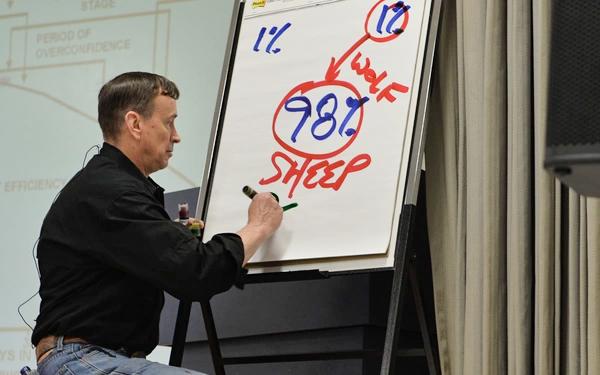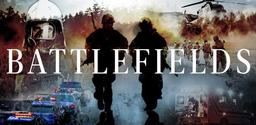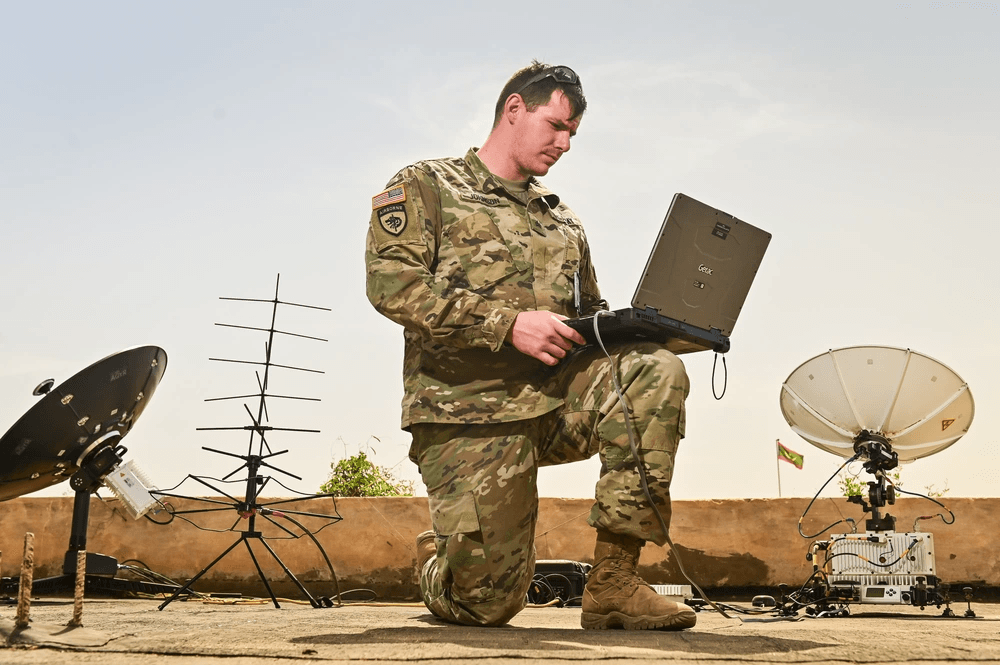Commentary
Just about everyone in the military is familiar with the sheep, wolves, and sheepdog analogy, as popularized by LTC (Ret) Grossman in his book “On Combat.” We all fit into one of those categories, he says—we need protecting, we are a predator, or we are a protector.






